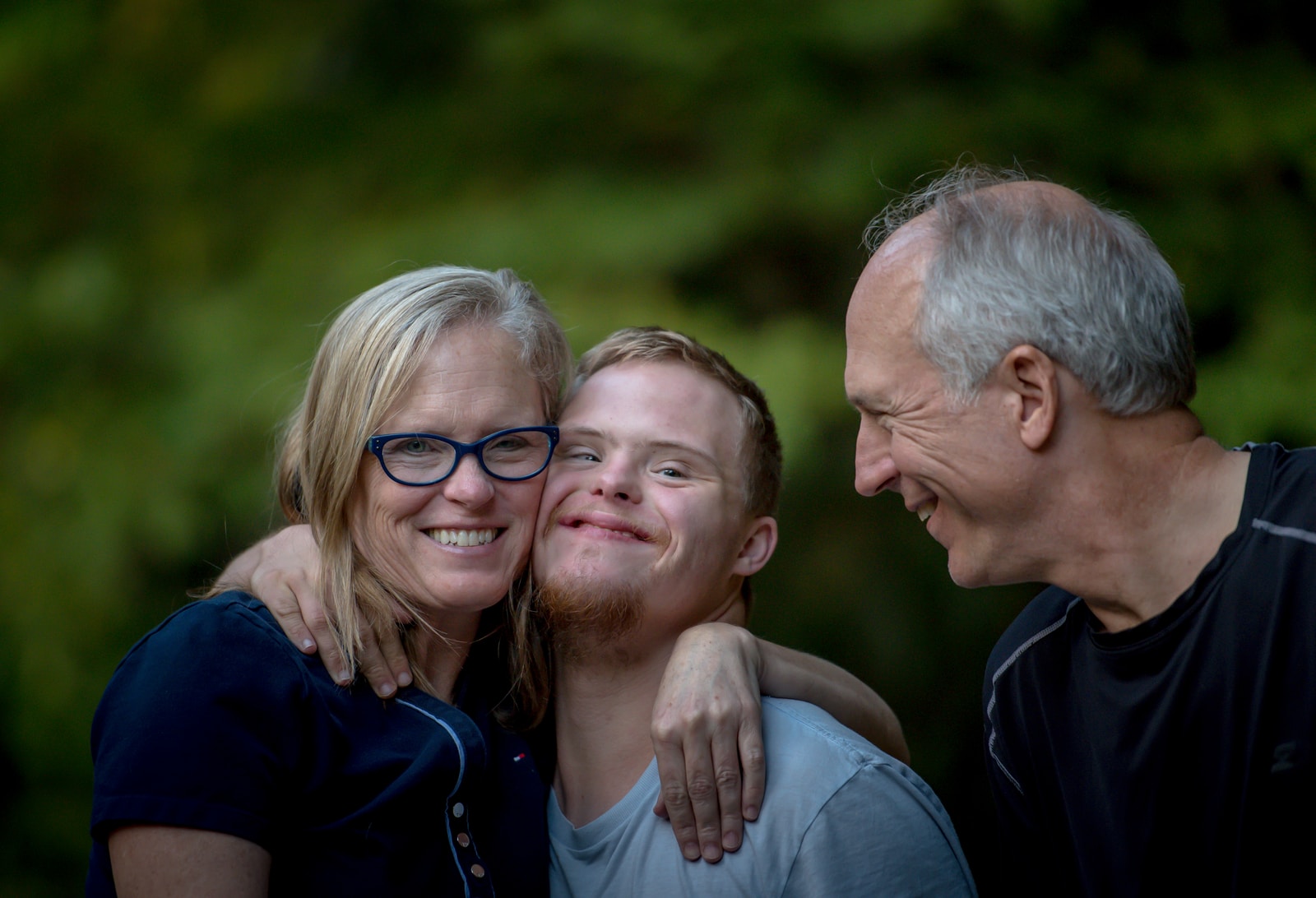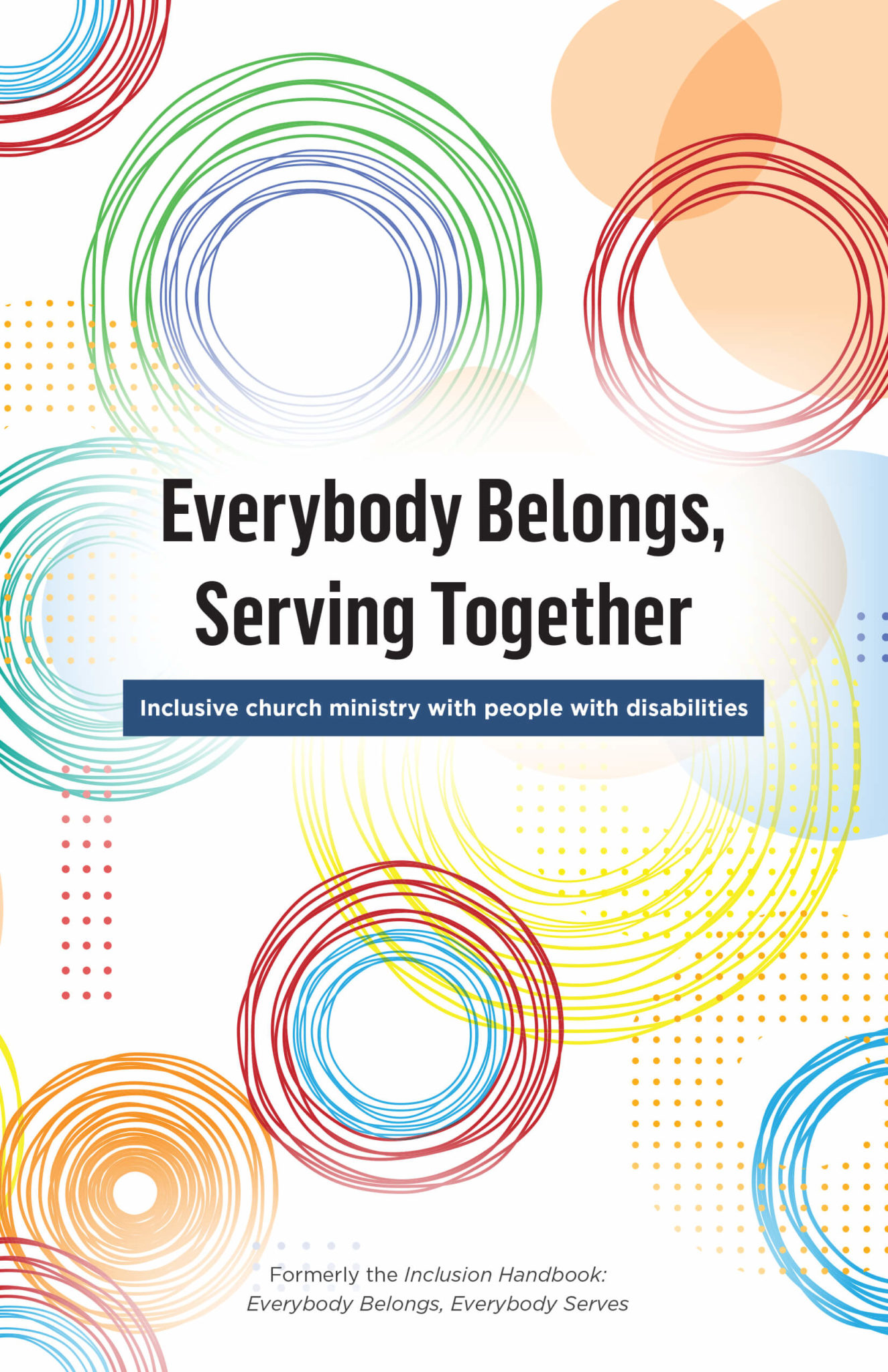When churches break down architectural and communication barriers, people with disabilities can get involved in the life of a church. However, unless members change their attitudes about disability, their engagement in church life will always be at the periphery.
The following continuum describes five stages along the journey of disability attitudes, helping individuals and congregations examine their own attitudes and providing direction for those wanting to engage people with disabilities fully in church life.
Five stages of changing attitudes about people with disabilities
Suggested resources:
- “Stages of Disability Attitudes” videos
- “Stages of Disability Attitudes” handouts and diagrams
- Vulnerable Communion, by Thomas Reynolds
- Adam, God’s Beloved, by Henri Nouwen
Listen to the audio version
From Everybody Belongs, Serving Together
Explore the full guide to inclusive ministry with people who have disabilities
- Stories and guidance directly from people who have disabilities
- An interactive accessibility audit with personalized recommendations for your church
- Suggestions for engaging with people who have specific disabilities, from hearing loss to autism
- So much more!
Dan Vander Plaats
Dan Vander Plaats is the Director of Advancement at Elim Christian Services, a global, Christian disability ministry based in Crestwood, Illinois. Dan serves on the advisory committee for a bi-denominational Disability Concerns. In 2009, he developed “The 5 Stages: Changing Attitudes” to help churches and individuals assess and change their attitudes toward people with disabilities, and he’s the author of Changing Attitudes about Disability. He is married to Denise (Hiemstra) and is father to Ben and Emma.




